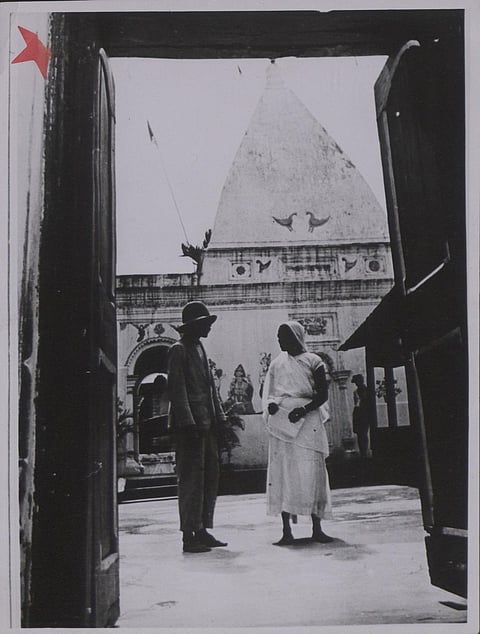Grant did not stop there but went on to lump former columnists and letter writers as simply race talk. He wrote: "Over nearly three decades, I have been paying attention to race talk" and went on to identify Noor Kumar Mahabir, Kamal Persad, Anil Mahabir and Rajnie Ramlakhan, Indrani Rampersad and Rabindranath (Raviji) Maharaj. I feel deeply disappointed that Grant could so easily dismiss the writings and concerns raised by the Indo-Trinidadian community as simply race talk. Why couldn't Grant interpret the writings of those columnists as a cry for social justice in a society where they felt like second class citizens?


